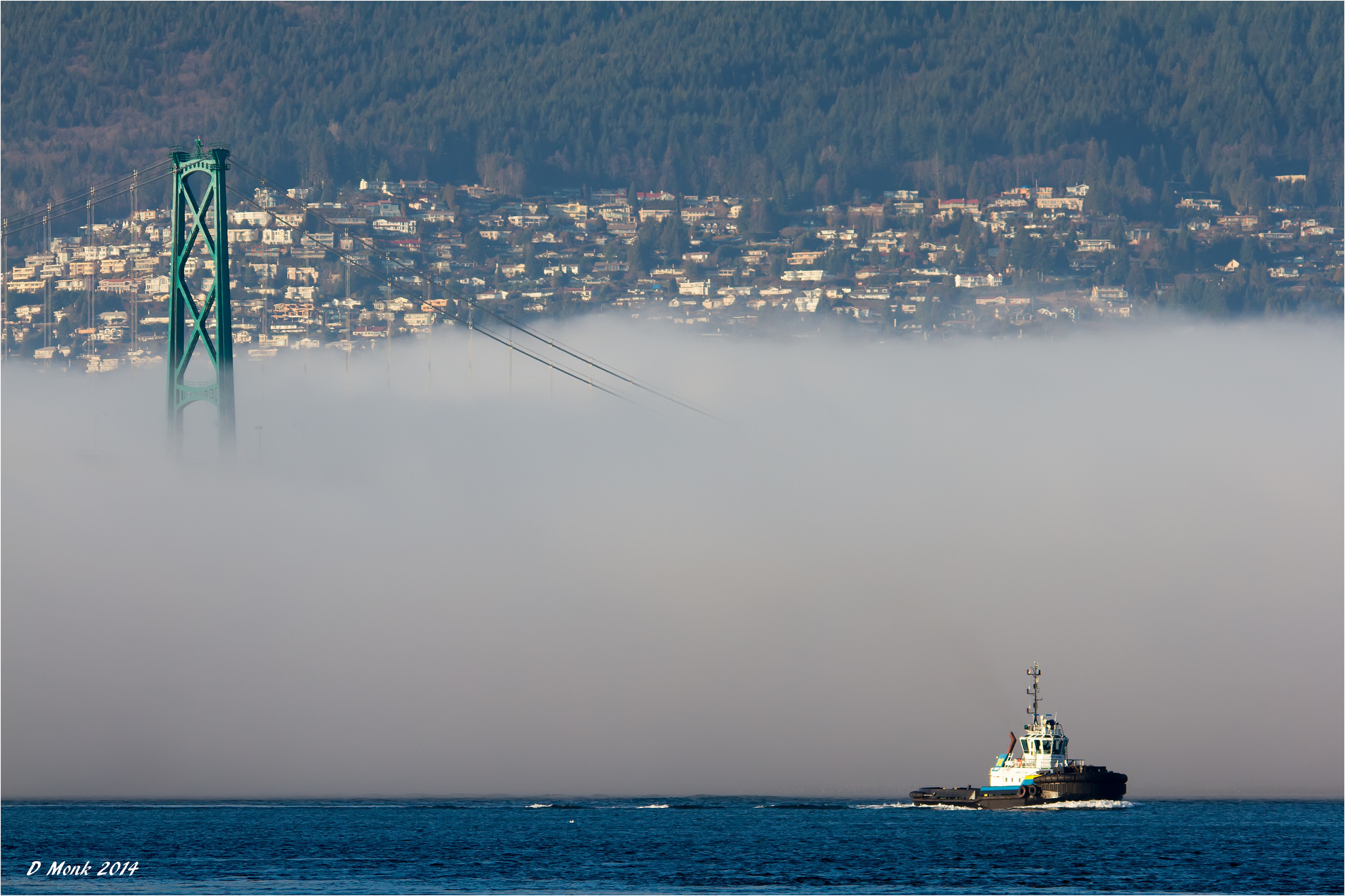It is difficult to know which level of court a society may assert certain provisions of the Societies Act before. A Master of the BC Supreme Court has certain limited powers, while a judge is able to rely on the inherent jurisdiction of the court as well as specific statutory powers set out in the new Act to determine certain final relief.
Masters and Judges
A “Master” is a deputy judge in Supreme Court, empowered to do the day to day hearings which judges do not have time for. In general, Masters are able to grant any relief which isn’t final, also called interlocutory relief. In Societies Act terms, this would be things like a document production motion, conversion of a petition into an action, or seeking an urgent interlocutory injunction or compliance with bylaws order.
A “Provincial Court Judge” is a statutory judge in Provincial Court, which includes Small Claims. These judges can hear claims for debt, damages, or property from $5,001 to $35,000. Anything below that typically must go to the Civil Resolution Tribunal (“CRT”). Most societies claims, other than for small debt disputes, would never go to the CRT, or even the Provincial Court.
A “Supreme Court Judge” is a judge in the British Columbia Supreme Court. Such judges are empowered by the Societies Act to grant final relief in certain matters, as well as with certain additional discretion. This is who applications to remedy irregularities (s.105), oppression actions (s.102), record correction actions, appeals from non-disclosure of financial information, appeals from decisions of the Registrar, and applications for member-funded status should be directed to.
A few cases deal with these jurisdictional issues:
- In Brienza & Others v. De Vita & Others, 2003 BCSC 1820, a request was made before a Master to strike one slate of directors and replace it with another one. After an analysis determining that a Master does have jurisdiction to hear certain claims, the Master determined that the relief sought was a form of final relief and could not be heard (at paras 10-12).
- In PG Farmers Market v. Stojkovic, 2015 BCPC 389, the PG Farmers Market filed a Small Claims action against a former secretary, seeking recovery of property. The secretary had counter-claimed in Small Claims (a separate action heard at the same time as the original action), seeking damages, not reinstatement. Reinstatement would be a s.85 Society Act/s.105 Societies Act remedy, which would rest only with the Supreme Court (at para 4 to 6). However, the Small Claims judge determined there was no jurisdiction in Small Claims to determine if a breach of the bylaws had occurred to even award damages, and this claim had to be heard in BC Supreme Court.
Jurisdiction of the Civil Resolution Tribunal
Recent changes to the jurisdiction of the Civil Resolution Tribunal may also lead to claims being heard in front of tribunal members, rather than judges. Such claims include any interpretation or application of the Societies Act, its regulations, constitution, or bylaws; requests to inspect or copy a record of a society; an action, threatened action, or decision by the society or its directors in relation to a member (other than termination). This is expressly not oppression claims (under the new s.130(1)(c) of the Societies Act), so what the scope of disputes within the jurisdiction of the CRT is unclear. The society may also request resolution of a dispute at the CRT, though the extent of what it may request is not specifically defined in the legislation.
The CRT specifically cannot deal with claims relating to director or senior manager qualifications, liability for money or other distributed property, or indemnification; validity of contracts; powers respecting general meetings; injunctions for contravening bylaws; member-funded society issues; reorganizations, winding-up, and audit; oppression (s.102 claims); derivative actions (s.103 claims); remedying irregularities (s.105 claims, formerly s.85 Society Act claims) and strangely, claims to which the Arbitration Act applies — Which leads me to wonder: Can a society require members to submit to arbitration for their disputes to avoid the CRT and Supreme Court? It would appear so.
It remains to be seen what claims will go before the CRT, as the amendments to the Societies Act and the Civil Resolution Tribunal Act are not yet in force (as of July 2018).
Photo by dvdmnk, used under a Creative Commons License. No changes were made to the original.


